
Dry skin rashes commonly take place during the winter months of the year, when the temperature outside is low, and the temperature inside is high. Also, lack of humidity in the air, along with some other environmental factors, lead to the onset of this skin problem. Washing your face often can lead to rashes and excessive dryness in the area as well. Fortunately, apart from decreasing one's aesthetic appeal, dry skin rashes are not health-threatening in any other way.
Reasons behind Dry Skin Rash on Face
In general, the exact reasons behind dry skin rash on face are still a mystery. Namely, some individuals develop this condition due to the climate, being affected by it only during certain time of the year. On the other hand, some people have dry skin rash everyday, throughout the year. Nevertheless, toddlers and small children are most often affected by this condition due to the fact that their skin is soft and sensitive.
Thus, once dry skin rashes affect one's face, he/she may experience cracks, peals and other skin problems. Alternatively, one's skin may become excessively dry and prone to rashes once he/she is using harsh cosmetic products.
If the rash is triggered by dry skin, the problem can be easily dealt with through proper skin hygiene and management. However, if an underlying skin condition is triggering the dry skin rash, the treatment may be more complicated, requiring the assistance of a qualified dermatologist. Getting Rid of Dry Skin Rash on Face
Before taking any of the steps mentioned below, you are advised to seek medical assistance and opinion. Having your dry skin rash examined by a qualified dermatologist is crucial for a successful treatment.
First of all, do not wash your face too much, or hardly wash your face ever. Rather, wash it three times a day, with cold water.
Secondly, twice a day, apply a good moisturizer on the face, making the skin soft and healthy. Avoid moisturizers which contain oil or perfumes. Make sure that the soaps you are using are free from harsh chemicals, oil and perfumes too.
Sometimes, your condition may be triggered by certain environmental factors. If you manage to identify them, avoid those as often as you can or learn how to protect yourself when exposed.
During wintertime, use an air humidifier in the house. Also, in general, stay away from aftershaves and skin products which contain alcohol.
Finally, keep your body well supplied with water by drinking at least 8 glasses of it every day.
If all of these steps fail to help you, seek medical assistance as soon as possible.



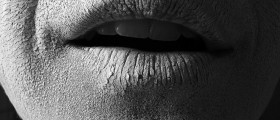

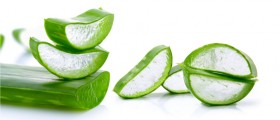

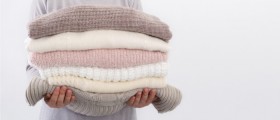

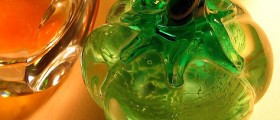
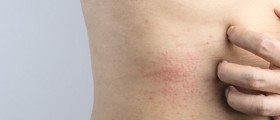





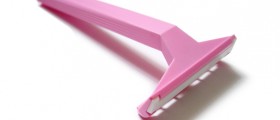
Your thoughts on this
Loading...